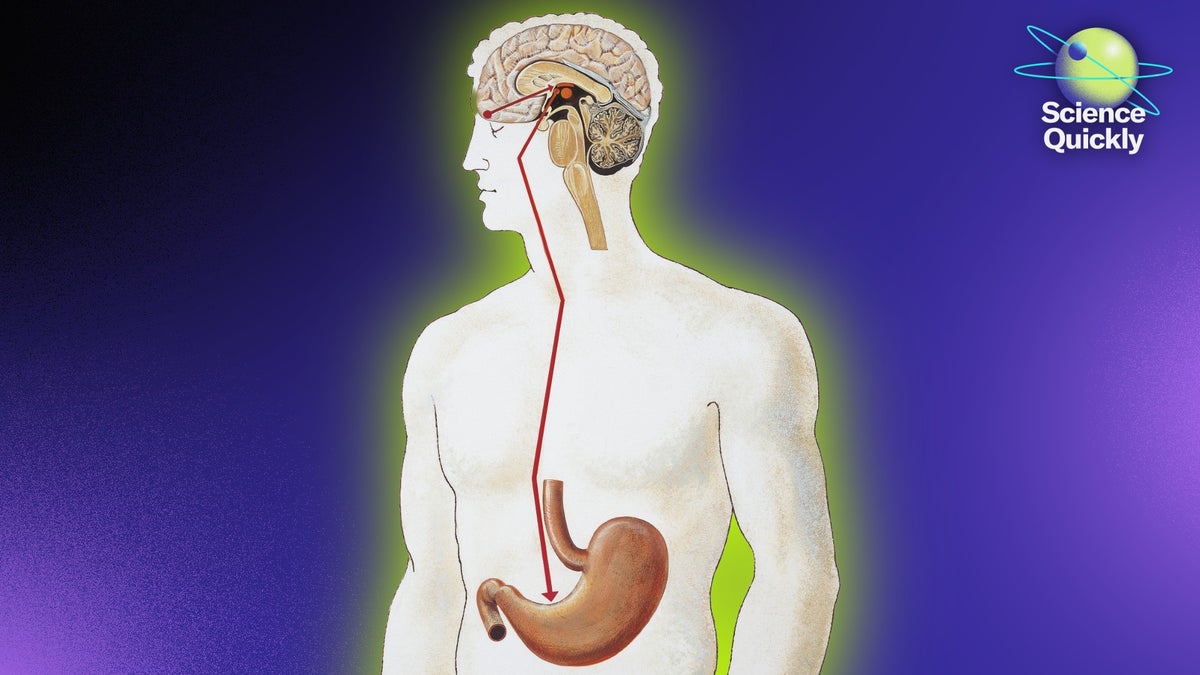
"People often talk about having gut feelings, but new research suggests there may be more to the idiom than we thought. Scientists are finding that specialized cells in our intestines can send signals directly to the brain, potentially influencing appetite and even mood. On supporting science journalism If you're enjoying this article, consider supporting our award-winning journalism by subscribing. By purchasing a subscription you are helping to ensure the future of impactful stories about the discoveries and ideas shaping our world today."
"Recent studies hint that our microbiomes could play a role in this communication system, though researchers are still trying to understand exactly how these interactions work and what they mean for our health. Here to walk us through the emerging science of the belly-to-brain connection is Maya Kaelberer, an assistant professor at the University of Arizona in the Department of Physiology."
Specialized cells in the intestines can send signals directly to the brain, influencing appetite and mood. These gut-to-brain communications involve molecular, cellular and neuronal connections that researchers aim to map. The microbiome may modulate this signaling, though precise mechanisms remain unclear. Experiments and recent studies provide evidence for sensory pathways from intestinal cells to central neural circuits. Understanding these pathways could explain phenomena like hunger-driven irritability and how food or microbial composition affects overall feeling and behavior. Research focuses on identifying the specific cell types, signaling molecules, and neural circuits that mediate the belly-to-brain dialogue.
Read at www.scientificamerican.com
Unable to calculate read time
Collection
[
|
...
]